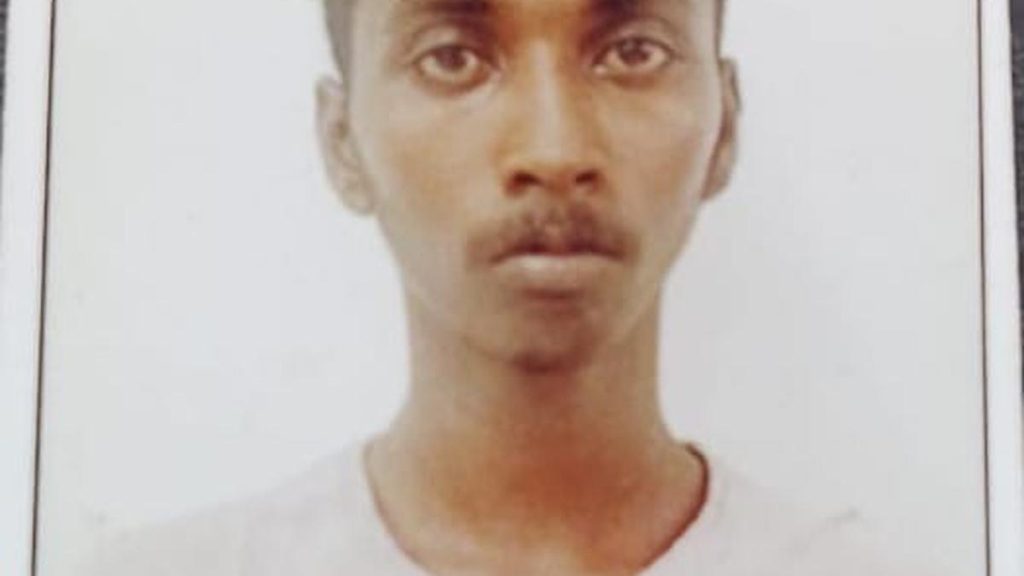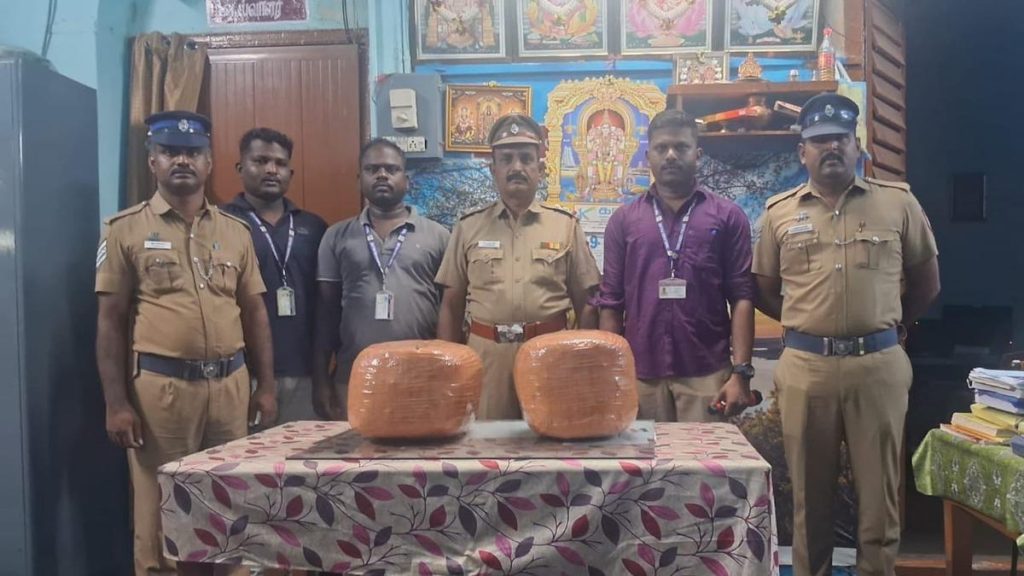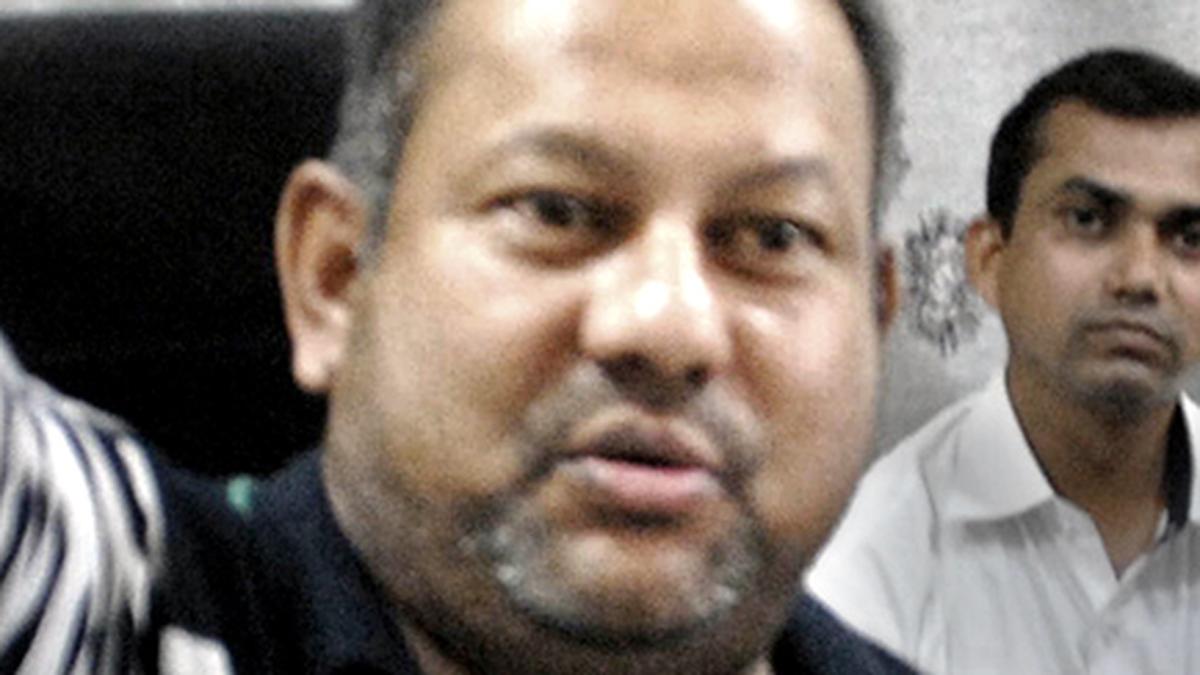Now Reading: Satheesan Avoids Comment on Rahul Mamkootathil’s Assembly Attendance
-
01
Satheesan Avoids Comment on Rahul Mamkootathil’s Assembly Attendance
Satheesan Avoids Comment on Rahul Mamkootathil’s Assembly Attendance
Quick Summary
- Opposition leader V.D. Satheesan declined to comment on whether Congress MLA Rahul Mamkootathil, facing sexual misconduct allegations, would attend the Assembly session beginning September 15.
- Satheesan stated that the United Democratic Front (UDF) would make an “appropriate decision at the appropriate time.”
- DYFI and BJP have threatened to prevent Mamkootathil from attending the Assembly or entering his Palakkad constituency.
- Mamkootathil reportedly gained some support within Congress following his suspension and resignation from party posts, with leaders Kodikunnil Suresh, Adoor Prakash, and M.M. Hassan alleging a CPI(M)-initiated “political witch-hunt.”
- Women leaders like Uma thomas called for Mamkootathil’s resignation as legislator; CPI(M) State secretary M.V. Govindan supported their stance while cautioning against attempts to manipulate public perception.
- Former KPCC president K. Muraleedharan suggested mamkootathil might attend as an “unattached” member without affiliation to opposition benches or party rolls but could participate in submissions with permission from the Speaker.
- The Kerala Police Crime Branch is investigating third-party complaints involving allegations of sexual misconduct,coercion related to pregnancy termination,and voice clips suggesting potential wrongdoing; notices may be served to women journalists who reported on alleged victim trauma.
Indian Opinion Analysis
The case surrounding Congress MLA Rahul Mamkootathil reflects complex dynamics within kerala’s political landscape and raises key issues in regard to accountability, intra-party divisions, and public consensus on leadership ethics. The varied stances among Congress members-some defending him amid allegations of political targeting while others press for his resignation-signal meaningful fragmentation within the party that could complicate its efforts ahead of crucial legislative proceedings.
The involvement of groups such as DYFI and BJP highlights how opposition parties leverage such controversies for political gain while raising questions about permissible forms of public pressure tactics in democratic systems.Furthermore, law enforcement’s ongoing inquiry indicates institutional scrutiny but underscores challenges posed by anonymous allegations not formally filed by direct complainants.
This situation has broader implications for public trust-not only in individual representatives but also concerning party openness-and could factor heavily into upcoming electoral equations if unresolved swiftly or comprehensively addressed by both political entities and legal authorities.
Read more: The Hindu























